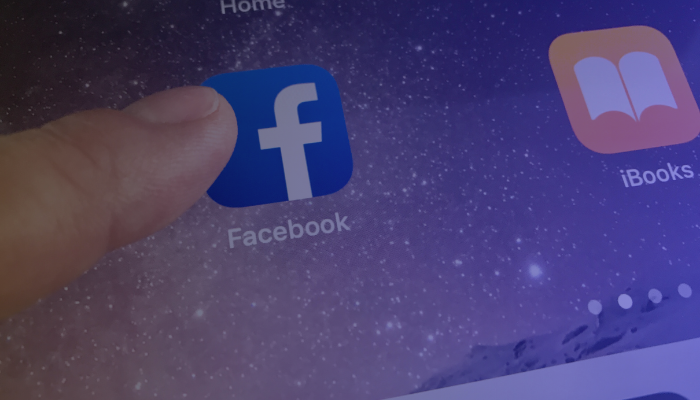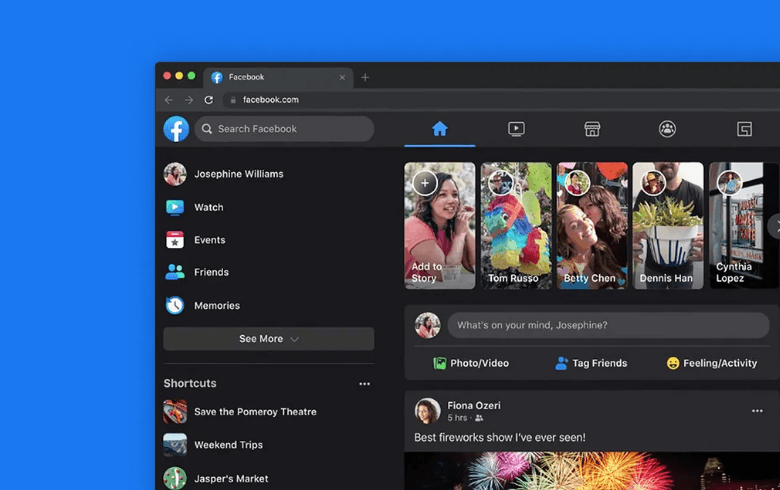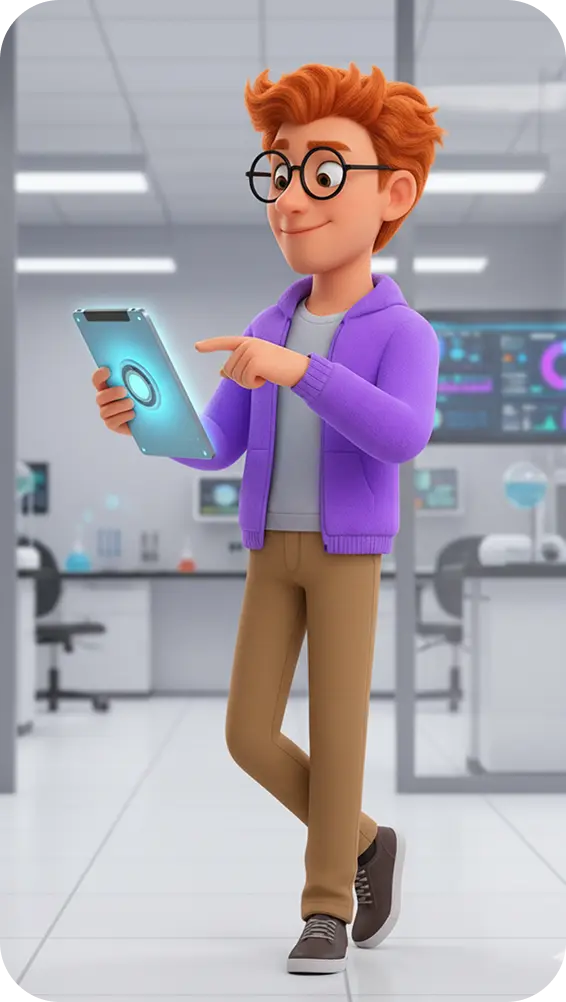
For a long time, it seemed like everyone used Facebook. We connected with friends, kept up with family, joined events, played games, and received news on the platform. The past decade, however, has seen the rise of Instagram, Video-Platform, and X (formerly Twitter) taking the lead, especially with younger audiences. Therefore, it begs the question, does anyone use Facebook anymore? If so, why?
The answer is simple: yes. Not in the same capacity as before, and certainly not in the same cultural prominence, but Facebook is not dead. In fact, in some cases, it's doing better than ever—just not in ways that are being reported.
Who's Still on Facebook?
Gen Z may scoff at Facebook, but it remains a staple for most older demographics. In fact, research shows that the majority of Facebook users have transitioned to the 25-and-older category; 30s, 40s, and older dominate Facebook engagement. They've had the time to establish their digital networks with over ten years of usage under their belt.
A Global Platform
It’s also important to look beyond Western countries. In many parts of Asia, Africa, and Latin America, Facebook continues to be a central hub for communication and content sharing. In countries where mobile data is expensive or infrastructure is limited, Facebook’s “lite” versions and built-in messaging features still offer an accessible, low-cost way to stay connected.

So, Why Are People Still Using Facebook?
Let’s break it down. The way people use Facebook has evolved, but the platform still offers value in several key areas.
1. Facebook Groups: A Quiet Powerhouse
Perhaps one of the most underused and most powerful aspects of Facebook is Groups. From buy-and-sell groups in your town to parenting groups, hobby-centric groups, and neighborhood watch forums, Facebook Groups are still buzzin. People access Facebook for the sake of group interaction. They are effective because they make people feel connected, provide custom feeds, and facilitate active engagement. Where people's social feeds are filled with posts that may be interesting but not relevant to what someone is seeking, a Group allows someone to interact based on specific interests.
“I don’t really use Facebook to post anymore,” says Laura, a 38-year-old teacher. “But I’m in a few teacher groups that are super helpful. I check them almost every day.”
This kind of use is common. People may not be sharing selfies or status updates as frequently, but they’re still there—lurking, liking, commenting, and contributing in focused communities.
2. Marketplace: The New Craigslist
Facebook Marketplace has quietly become a major player in the online buying and selling world. It’s hyper-local, easy to use, and integrates seamlessly with your profile, making transactions feel more trustworthy.
From furniture to electronics to secondhand clothing, Marketplace has become the go-to for millions of users looking to declutter or snag a good deal. It’s one of the platform’s most-used features, especially in suburban and rural areas.
3. Event Planning and Local Information
Even as Eventbrite and other platforms grow, Facebook Events are still widely used. Birthday parties, fundraisers, community gatherings, and even concerts are frequently organized through Facebook.
Local businesses and municipalities also use Facebook to share updates, promote services, and communicate with residents. In many towns, if you want to know what’s going on this weekend or when garbage collection is delayed, Facebook is the place to check.
4. Staying in Touch with Family
While younger generations might prefer Snapchat or Video-Platform, older users are still very active on Facebook. For them, it’s the easiest way to share family photos, keep up with grandkids, and comment on holiday memories. For multigenerational families, Facebook often acts as a shared digital photo album and message board.
5. Nostalgia and Digital Roots
Let's be honest, many of us have memories compiled on Facebook from over the years. Status updates from years past, college photos, and birthday messages from friends we no longer speak to. These virtual keepsakes still resonate with nostalgic value, which is why so many users log in from time to time to relive the memories.
So in a sense, Facebook acts as a scrapbook. Even if it's not the most popular platform anymore, it contains a uniquely personal history that may be difficult to leave behind.
Is Facebook Cool? Maybe Not. Is It Useful? Definitely.
So, is Facebook still cool? Probably not in the traditional sense. You won’t see viral dance trends or trending memes starting there anymore. But being “cool” isn’t the point for many of its users. What matters more is that it’s useful.
In many ways, Facebook has shifted from being a “social hangout” to a digital utility—a tool for group interaction, local news, personal archiving, and practical community engagement.
Why People Keep Coming Back
Here’s a quick summary of the main reasons people still use Facebook:
| Feature | Why It’s Popular |
|---|---|
| Facebook Groups | Community engagement, niche interests, help/advice |
| Marketplace | Easy local buying and selling |
| Events | Simple event planning and RSVPs |
| Family Sharing | Staying connected across generations |
| Local Info | Town updates, small business promos |
| Personal Archives | Photos, posts, memories |
It's no longer about seeking likes, it's about utilizing Facebook for its primary purpose of effective, meaningful connection.
Facebook might not be as omnipresent in pop culture as it once was, but it's not dead in the water. People are using Facebook, but probably not as ostentatiously, but with just as much intent. From community group connections to scoring a second-hand coffee table to responding to a cousin's wedding invitation, Facebook is still ingrained in people's lives for effective use.
So when the next person scoffs, "Does anyone even use Facebook anymore?" you can respond with a resounding yes, but with a twist.





